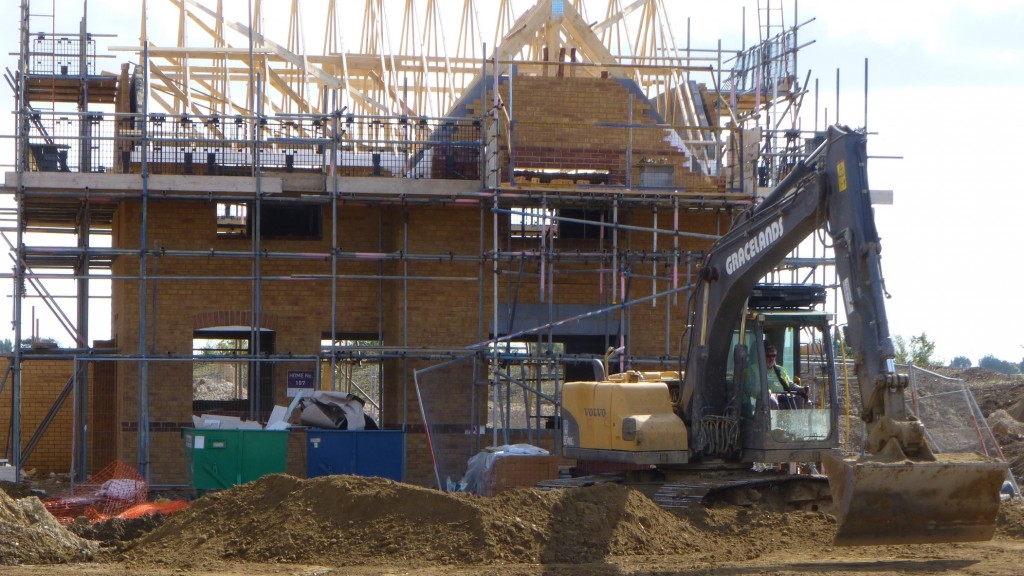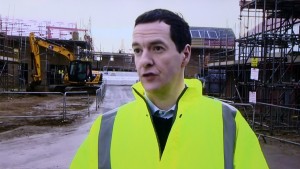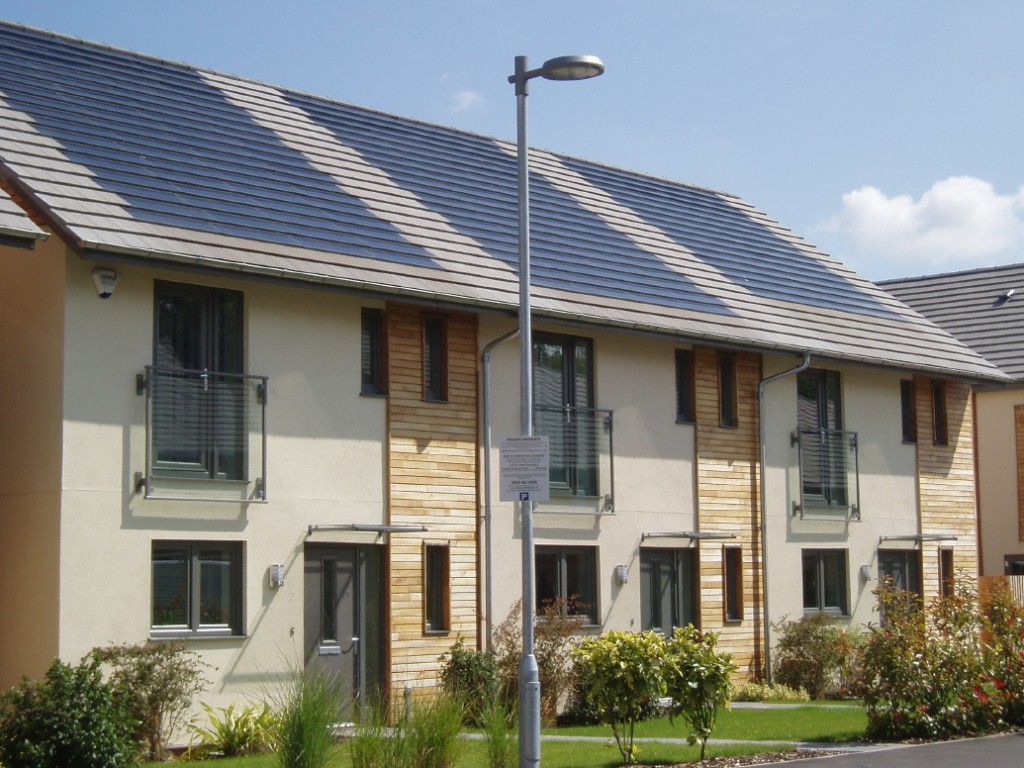The NHBC has come into justifiable criticism in the national press recently. The NHBC provides warranties for around 80% of new homes built in any given year. Last year its accounts show it spent £90 million fixing 11,000 defective new homes. What is not listed is the total number of claims the NHBC rejected because the estimated cost of remedial work was judged (by the NHBC) to be less than their ‘minimum claim value’, currently £1,550. So unless buyer’s homes need costly repairs, their warranty claims are often rejected.
The NHBC state on their website:
“Our purpose is to work with the house-building industry to raise the standards of new homes and to provide protection for homebuyers in the form of Buildmark warranty and insurance. We are an independent, non-profit distributing company limited by guarantee – neither part of government, nor a charity. Our business is run by the Board of Directors with surpluses being re-invested in the improvement and development of our products and services.”
The standard of UK new homes is at its lowest since 2009 according to the results of the NHBC’s own Customer Satisfaction Survey! So it might come as surprise to learn that in yesterday’s Guardian, Graham Ruddick reported that the NHBC has been paying around £10m-£15m every year to housebuilders in what he describes “is effectively a profit-share agreement.”














 Not one was able to demonstrate he cared about the quality of the homes built on his site. Not one possessed the “wide range of site management skills from technical knowledge and consistency in the build process to leadership and organisational skills, and achieving the highest possible standards and best practice in house building” that the NHBC judges were looking for.
Not one was able to demonstrate he cared about the quality of the homes built on his site. Not one possessed the “wide range of site management skills from technical knowledge and consistency in the build process to leadership and organisational skills, and achieving the highest possible standards and best practice in house building” that the NHBC judges were looking for.